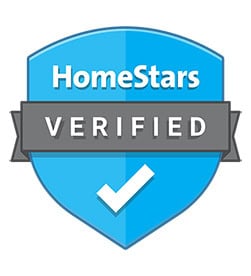Welcome to the “Turf Hotline” sponsored by the Ministry of Agriculture, Food and Rural Affairs for the week of June 9-16, 2000.
We have had a mix of weather over the last week. Monday and Tuesday were unseasonally cold. The forecast for the weekend is for some hot weather. We have had rain showers almost every day this week. There has been a lot of red thread on perennial ryegrass and fine fescues over the past week. Red thread is more of nuisance than anything and can be remedied with a bit of nitrogen. With the wet weather and the forecast for hot weather this weekend there might be some melting out of Kentucky bluegrass. With the hot weather there is a possibility that dollar spot might become active soon. Look for loonie size spots and hourglass lesions on individual leaf blades.
June beetles continue to fly. June beetles do feed on a variety of ornamental plants and there have been reports of damage. The European chafers that I have been digging up in my garden here in Guelph are pupating. The wing covers of the adult beetle are just beginning to form. Flights of adult chafers should begin in the next week and continue for about a month. The best time to observe adult chafer flights is on a warm evening at dusk. The adults emerge from the turf and swarm in surrounding trees. We are now in the window for application of Merit for European chafer and Japanese beetle grub control.
Small grubs from the early Aphodius flights in May are starting to show up now. Aphodius grub activity should be peaking in about one week. Look for damage in collars and fairways over the next couple of weeks. Ataenius damage will be showing up in about 2-3 weeks time. Expect damage from annual bluegrass weevil the next 3 weeks. Annual bluegrass damage is often mistaken for a disease because the leaf blades turn yellow in small areas and it can look like a leaf disease.
Now is still a good time for broadleaf herbicide applications. As long as the weeds are actively growing the herbicides will be effective. If temperatures start climbing above 28°C it might be best to suspend herbicide applications. All the rain and the high winds have made it very difficult for lawn care companies to keep up.
We are offering our third annual turf disease diagnosis workshop on July 11 or July 12, 2000. We will start the day with a session in the field identifying turf diseases. We will move into the lab for the rest of the day to identify the diseases under the microscope. The limit is 20 people per day and the cost is $249. If you are interested in this workshop, phone my office for registration information at (519) 824-4120 x 2597.
Again, thanks for phoning the hotline for this week. The next hotline message will be recorded on Fri. June 9, 2000. – See more at: https://lawnsavers.com/turf-hotline-2000/turf-agrifax-week-11-2000-june-9-2000.html#sthash.OQor6Dda.dpuf






